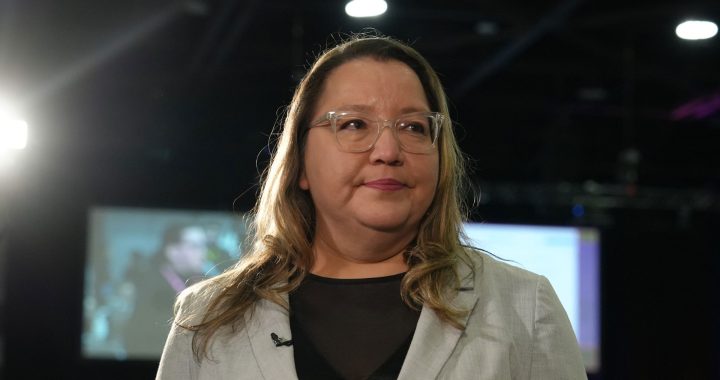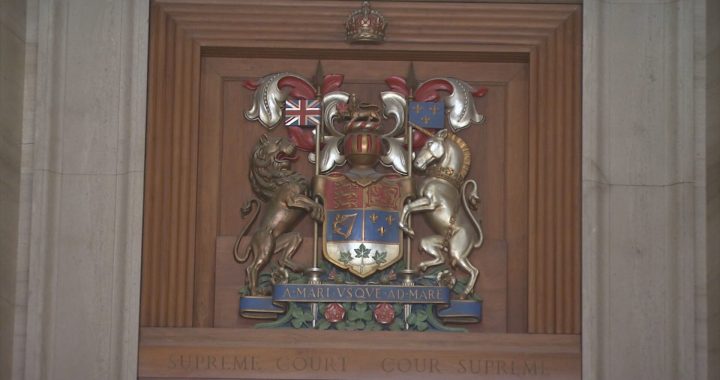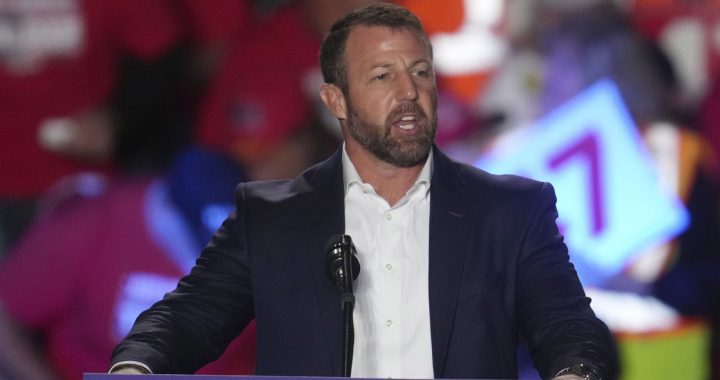Nation to Nation
There is inequality in Canada when it comes to child welfare. There is a wide difference between on-reserve and off-reserve funding.
A Canadian human rights tribunal agreed in 2016. But it has taken five legal orders to get the federal government to do something.
Earlier this month, Indigenous Services Minister Jane Philpott announced an immediate end to the gap. And promised more funding will be on its way in next week’s federal budget.
However, Cindy Blackstock, executive director of the First Nations Child and Family Caring Society, says a lot of work is still needed.
“And although we’re starting to see, thanks to the tribunal’s work and all of the First Nations communities and families and children who have advocated and stood with us during this long court battle, inequality starting to close in child welfare and on Jordan’s Principle, we still have issues with education, early childhood, basics like water and sanitation, that are going to continue to pile up on hopes and dreams of children.”
On Tuesday, British Columbia’s Finance Minister Carole James announced that province’s support for an Indigenous law program at the University of Victoria. It will start accepting students this September.
It promises to make Indigenous law the bedrock upon which First Nations will govern themselves.
One of the program’s designers is legal scholar Val Napoleon. She wants Indigenous law to not only be studied by up and coming lawyers but to change attitudes about pre-contact Indigenous societies.
“There won’t be this absence as if Indigenous peoples were somehow lawless, as if our societies and our peoples did not govern ourselves lawfully.”
The all-Indigenous basketball tournament in northern British Columbia is a huge event there.
Earlier this month, Vinny Edenshaw and Greg Fisby took a boat from Hydaburg, Alaska to the Village of Massett on Haida Gwaii to attend it.
But they didn’t report to Canada Border Services. They were detained and faced a lifetime ban from Canada.
Haida lawyer Terri-Lynn Williams-Davidson intervened on their behalf and got them released and the ban reduced to one year.
She argues on Nation to Nation that Haida people should not be detained for crossing an imaginary line in their traditional territory.
Tlamirande.ca











